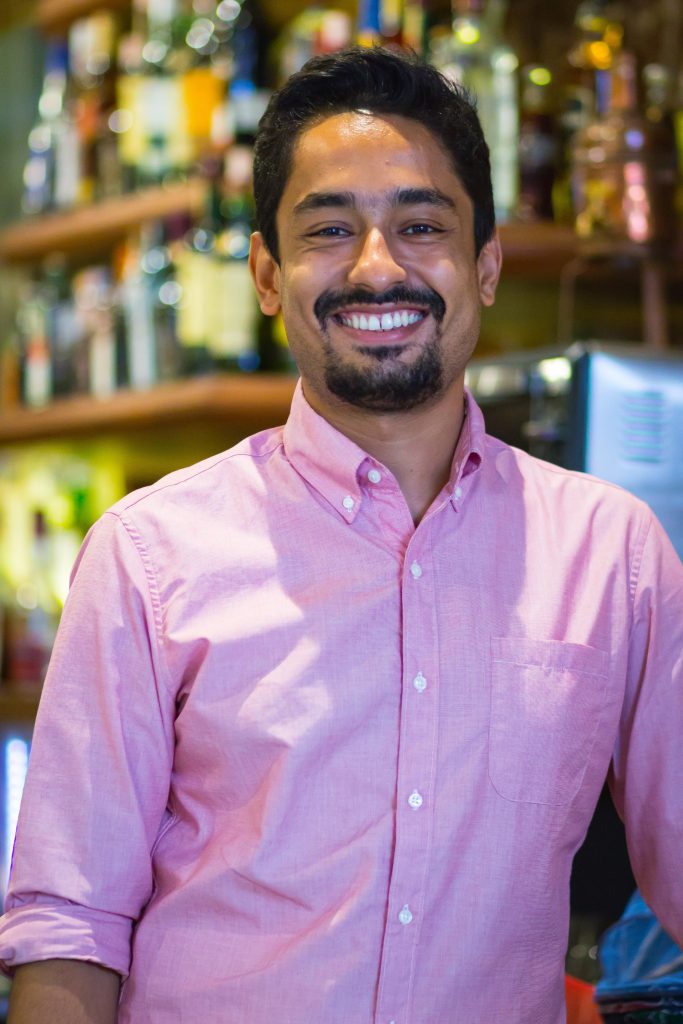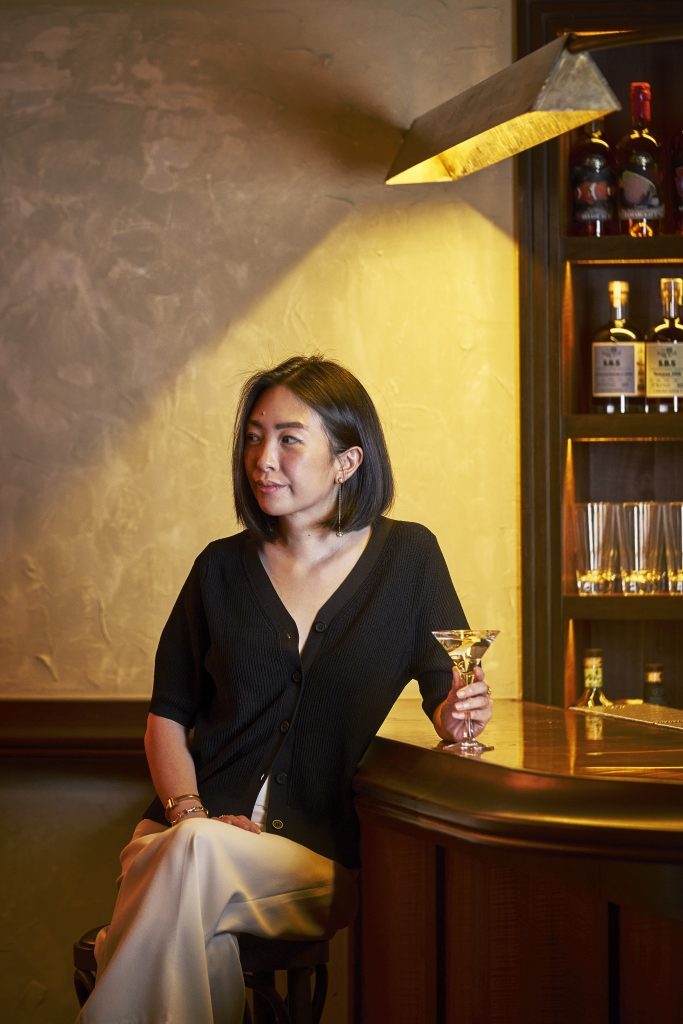
As Southeast Asia’s food and beverage sector grapples with rising costs, labour shortages, and shifting consumer behaviour, Malaysia stands at a turning point. The country’s rich culinary heritage, growing urban affluence, and increasingly sophisticated diners give it the potential to lead rather than follow. FutureFWD 2025, taking place on 25 September at EQ Kuala Lumpur, is a new industry forum organised by Informa Markets and delivered by Saladplate, created to explore how operators can build businesses that are not only future-proof but future-defining. Bringing together leading voices from across Asia’s F&B and hospitality sectors, the one-day programme focuses on strategies shaped by local relevance, operational agility, and cultural precision.

The headline session, “The Great F&B Reset”, opens the forum by addressing how operators are confronting structural challenges that have outgrown traditional playbooks. Sameer Seth, Founder and CEO of Hunger Inc. Hospitality, says this moment is ideal for honest reflection.
The phrase “F&B reset” is being used more frequently across Asia—why do you think now is the right time to open up this discussion, especially for operators in markets like Malaysia?
There is no doubt that operators across Asia are facing pressure to rethink their businesses. Costs are rising, diners are becoming more discerning, and the old playbook is not working the way it used to. But the idea of a “reset” means different things depending on where you are. In Southeast Asia, the conversation often revolves around rising rents, labour shortages and mounting operational costs. In India, it is a slightly different story.
Over the last few years, there have been some very real macro shifts in India. People are travelling more, they have more disposable income, and the appetite for better, more globally relevant experiences is growing. Eating out is no longer limited to occasions, it is becoming a part of everyday life, which gives operators room to experiment. We are finally seeing concepts that are sharper and more focused starting to take off, whether that is chef-driven restaurants, single- product menus, or modern fine dining.
So yes, it is the right time to open up this conversation, but we also need to recognise that each market is responding differently. There is no one-size-fits-all reset.
Without giving too much away, what perspectives will you be bringing to the panel on how independent restaurateurs can navigate saturated markets and rising costs creatively?
What we hope to bring is the perspective of an operator that runs multiple concepts at different scales. From a fine dining restaurant like Papa’s to a fast casual sandwich shop like Veronica’s to a product-focused brand like Bombay Sweet Shop, each comes with its own set of challenges and realities. That range gives us a fairly clear view of how different business models respond to the same pressures.
As for saturation, we do not see India as a saturated market yet. In fact, what we are seeing is that the more specific your offering, the more likely it is to resonate. This is the first time in years that sharply defined concepts are getting real traction, whether that means single-product menus or newer styles of fine dining.
When it comes to rising costs, we are definitely feeling that, but the way we have approached it is by staying agile. That might mean rethinking sourcing, tweaking formats, or finding smarter ways to deliver value without compromising the guest experience. Creativity does not stop with the food – it needs to show up across the entire business.

From Jakarta, Stefanie Wijono of The Union Group sees clear parallels with Malaysia’s current trajectory. As Deputy Director of Marketing and PR for one of Indonesia’s most influential restaurant groups, she oversees 28 venues and understands the pressures of scale.
With consumer behaviour evolving so quickly across Southeast Asia, what makes this forum a timely space to re-examine how F&B brands connect with their audiences today?
This forum is definitely timely, as markets around Southeast Asia – whether mature ones like Singapore or emerging ones like Malaysia and Indonesia – are going through a period of slow economic growth. It will be interesting to see how the different countries and its leading F&B companies are re-examining their strategies.
What are you hoping attendees will take away from your session—especially those running multi-concept groups or working in emerging markets like Malaysia?
I hope they are able to learn from how the different companies tackle current challenges, how to take advantage of any opportunities and marketing strategies we are able to share with them.

Sarissa Rodriguez-Schwartz, CEO of SJS Hospitality Group, offers a perspective shaped by international markets. Her group has launched award-winning venues in Singapore and New York, and she attributes their longevity to a combination of intuition, planning and discipline.
You’ve launched award-winning concepts like Employees Only Singapore through both industry highs and economic downturns. What insights will you be sharing at the forum on adapting in high-pressure markets?
The foundation of any successful concept is simple: every product needs a consumer, and our job is to deliver exceptional quality consistently. But here’s what separates thriving businesses from surviving ones – we’ve learned to understand what the market needs even before they recognize it themselves.
This market intuition comes from local research combined with global experience. We don’t just follow trends; we anticipate them. And critically, we build our reputation on under-promising and over-delivering. In high-pressure markets, this approach creates customer loyalty that sustains you through downturns and accelerates growth during recovery.
For business owners in cities like Kuala Lumpur, what value do you think this discussion holds in understanding how to grow sustainably in today’s climate?
SJS Group’s approach is about creating ‘localized world-class’ experiences. What this means is that we combine rigorous study of individual markets – understanding local tastes, cultural nuances, spending patterns, and lifestyle trends – with our global operational experience from New York and beyond.
This allows us to develop concepts that feel authentically local while meeting international standards. For Kuala Lumpur business owners, this discussion will demonstrate how to scale premium concepts sustainably by respecting local market dynamics rather than imposing outside formulas.
Malaysia has the depth of talent, cultural advantage and operational scale to lead Asia’s next F&B wave. What is required now is alignment between brand identity and guest expectation, between local insight and international thinking, and between ambition and execution. FutureFWD 2025 does not offer a one-size-fits-all answer. What it offers is a timely, focused platform for Malaysian operators to assess where they are, sharpen what they do and set the tone for what comes next.
For those interested to attend, you can purchase your delegate passes.